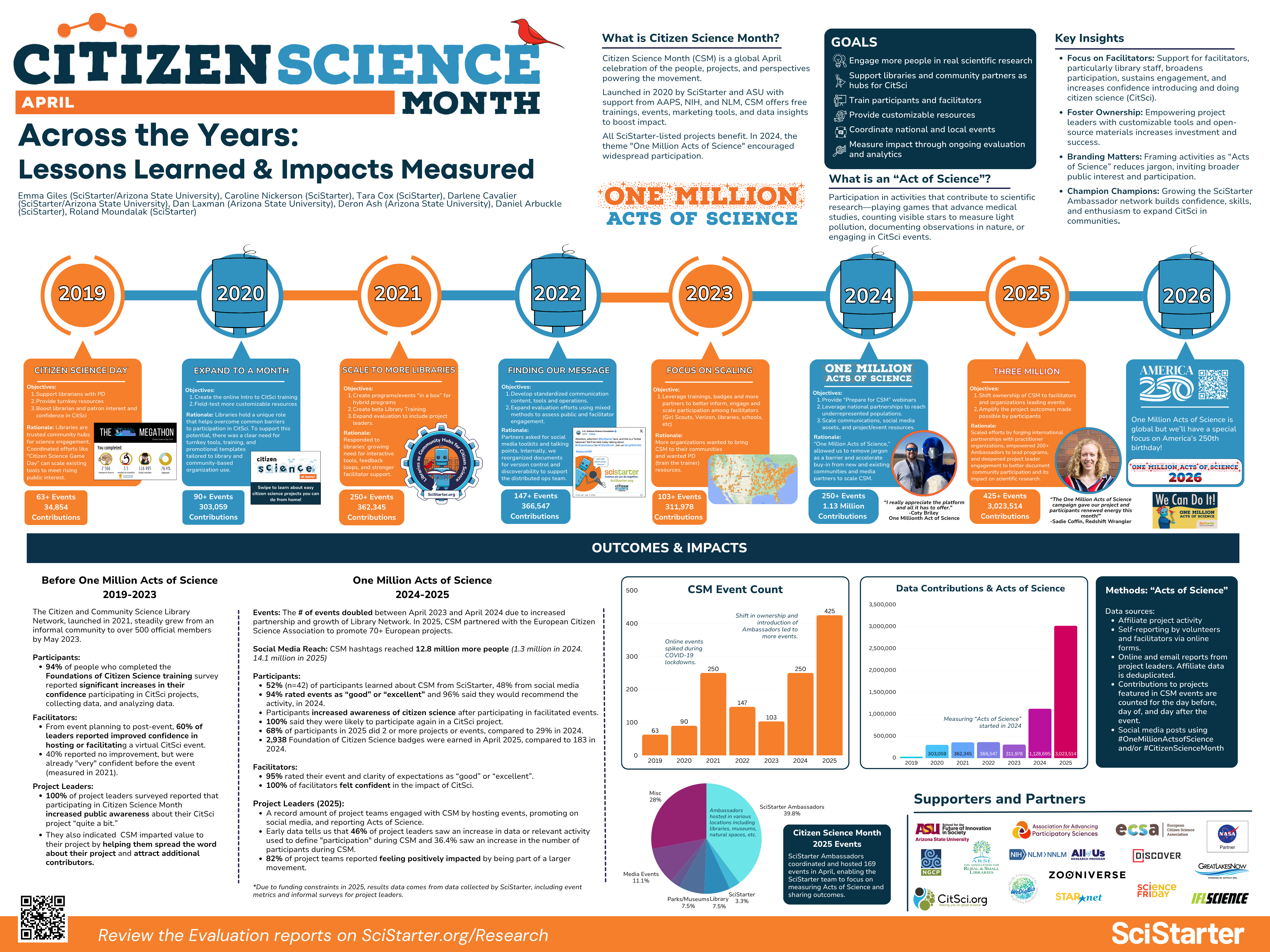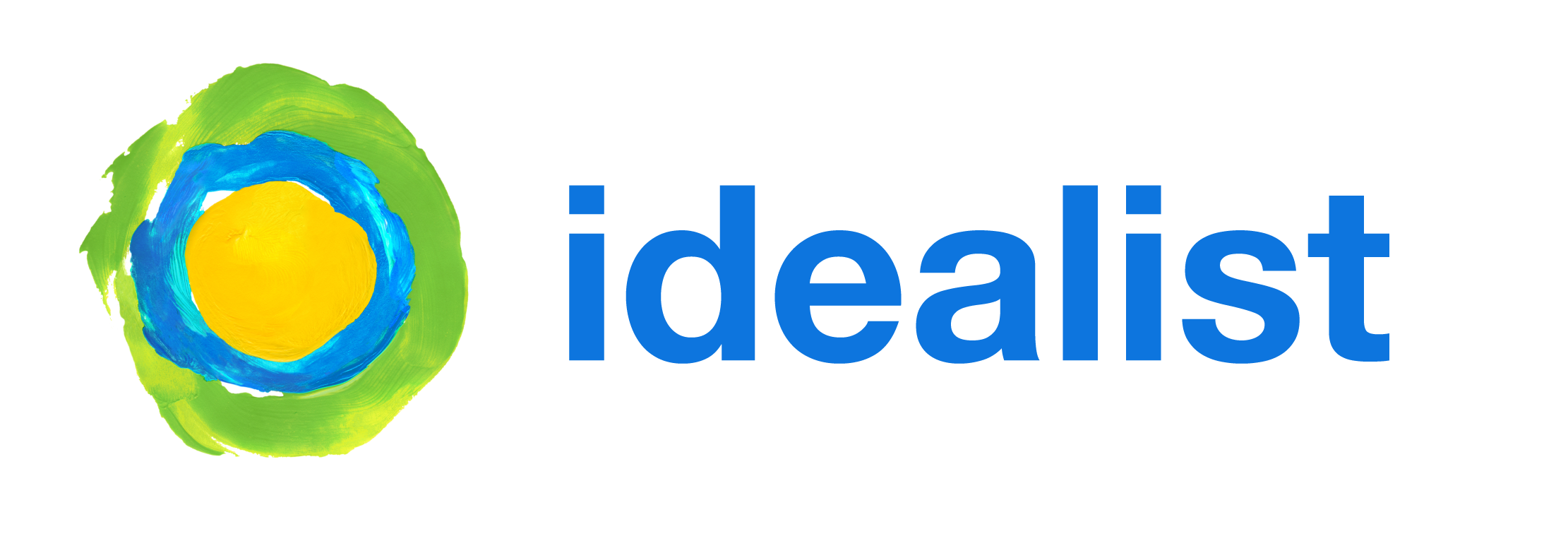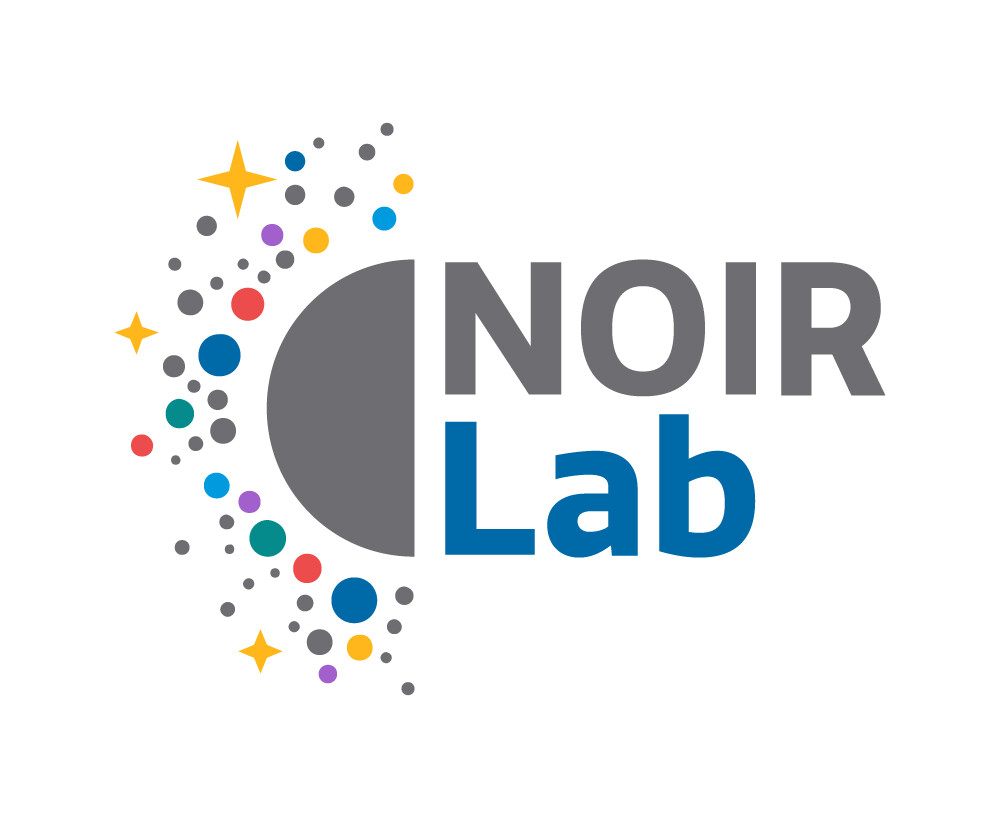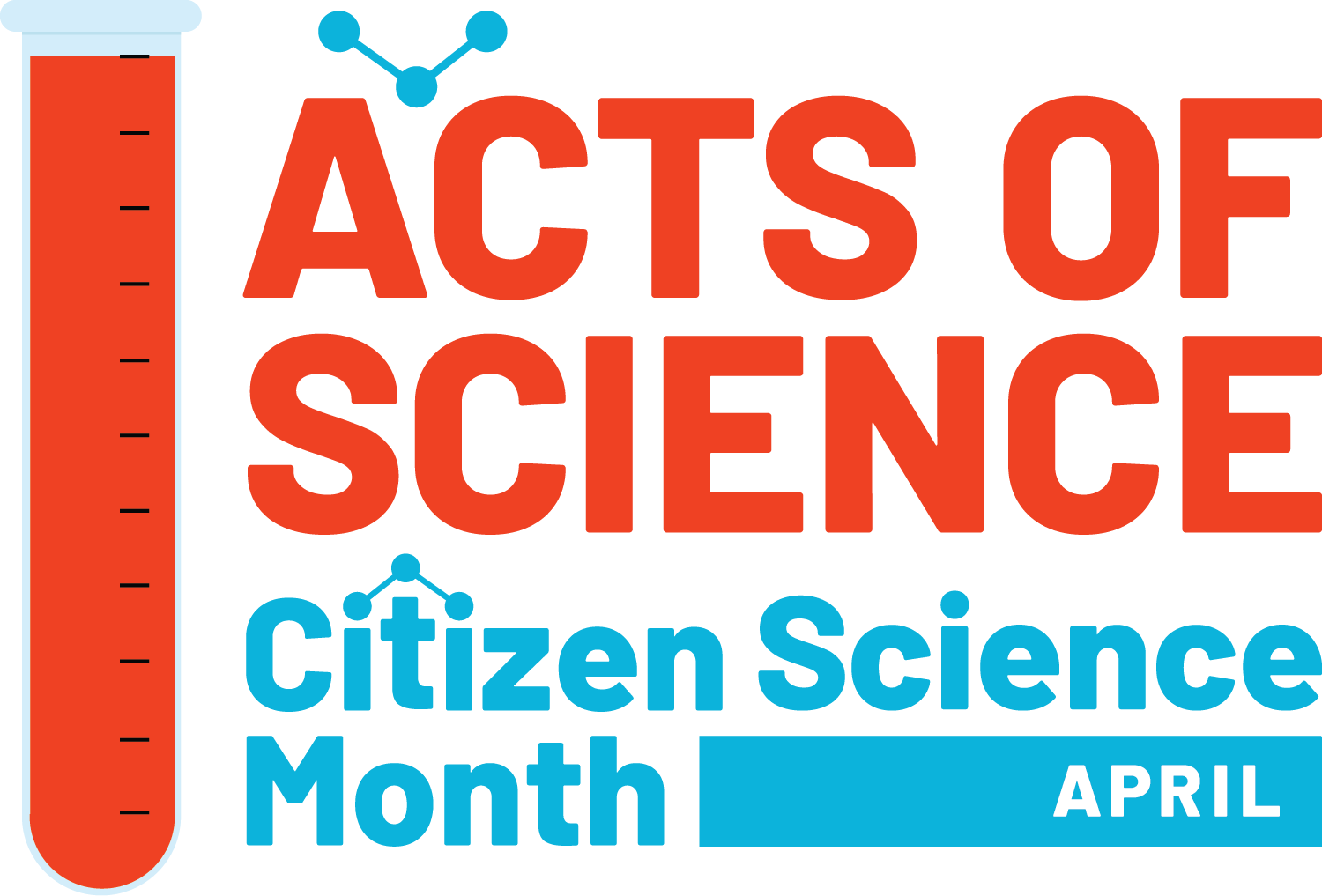
On This Page
Informed by Data
Multi-year formative and summative evaluations by Arizona State University found that participation in Citizen Science Month benefits participants, project scientists, and event hosts, including increased understanding of citizen science, greater confidence in engaging in projects, and a better understanding of how science works.
Citizen Science Month 2024 Summative Evaluation (ASU CREST Team)
Citizen Science Month 2022 Final Evaluation Report (ASU UOEEE Team)
Evaluation Highlight
A 2024 summative evaluation conducted by Arizona State University’s CREST Team found benefits for participants, project scientists, and facilitators—including increased understanding of citizen science and greater confidence to engage in projects.
2.50 Million Acts of Science Badge!
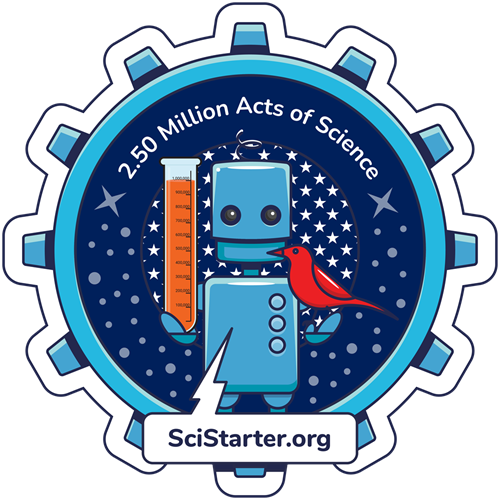
Learn how to earn a digital badge for your participation in 2.50 Million Acts of Science!

The History of Citizen Science Month
Citizen Science Month began in 2019 as Citizen Science Day and expanded into a month-long initiative in 2020. Over time, the initiative has grown in geographic reach, strengthened partner engagement, and added training and resources to support both participants and facilitators.
Giles, E. Et al. Citizen Science Month Across the Years: Lessons Learned & Impacts Measured. CAPS 2025.
WHAT WE’VE LEARNED OVER THE YEARS
Since expanding to a full month, the program has evolved through continuous improvement and evaluation—including foundational training for citizen scientists and facilitators, global collaboration, and expanded community hubs (including libraries) that support participation worldwide. Learn more about what we achieved together during Citizen Science Month 2025 on the SciStarter Blog.
Citizen Science Month 2025 Highlights Reel

Founding Partners
SciStarter.org
SciStarter is a global citizen science hub that connects millions of people to thousands of opportunities to participate in real scientific research. We help people turn curiosity into Acts of Science through a powerful project and event finder, personalized dashboards, and tools that make participation easy across projects, websites, and apps. Led by the SciStarter Foundation, a 501(c)(3) nonprofit, and supported by a mission-aligned LLC for client services, SciStarter uses evidence-based approaches that are field-tested and scaled to support participants, scientists, and facilitators while coordinating major initiatives such as Citizen Science Month and Do NASA Science LIVE. Visit SciStarter.org to start your first Act of Science!
Arizona State University
The School for the Future of Innovation in Society (SFIS) is a transdisciplinary unit at the vanguard of ASU’s commitment to linking innovation to public value. SFIS pursues a vision of responsible innovation that anticipates challenges and opportunities, integrates diverse knowledge and perspectives, and engages broad audiences. By examining the ways we translate imagination into innovation — and how we blend technical and social concerns along the way — SFIS aims to build a future for everyone. ASU’s University Office of Evaluation and Educational Effectiveness (UOEEE) & College Research and Evaluation Services Team (CREST) has supplied research and evaluation support across the years.
Association for the Advancement of Participatory Sciences
The Association for Advancing Participatory Sciences (AAPS) is a member-driven organization that connects people from a wide range of experiences around one shared purpose: advancing knowledge through research and monitoring done by, for, and with members of the public. The association was a founding partner supporting the growth and coordination of the participatory sciences field.
Financial and Partnership Support
Thanks to support over the years from the National Institutes of Health, the National Library of Medicine, and the Gordon and Betty Moore Foundation, SciStarter and Arizona State University have scaled the program globally, supported a network of more than 1,000 public libraries, and increased the public’s awareness of and engagement in scientific research.

Global Planning Team for Citizen Science Month
Citizen Science Month is supported by a global planning team spanning multiple regions and organizations.

Darlene Cavalier
Founder and Executive Director, SciStarter
United States of America
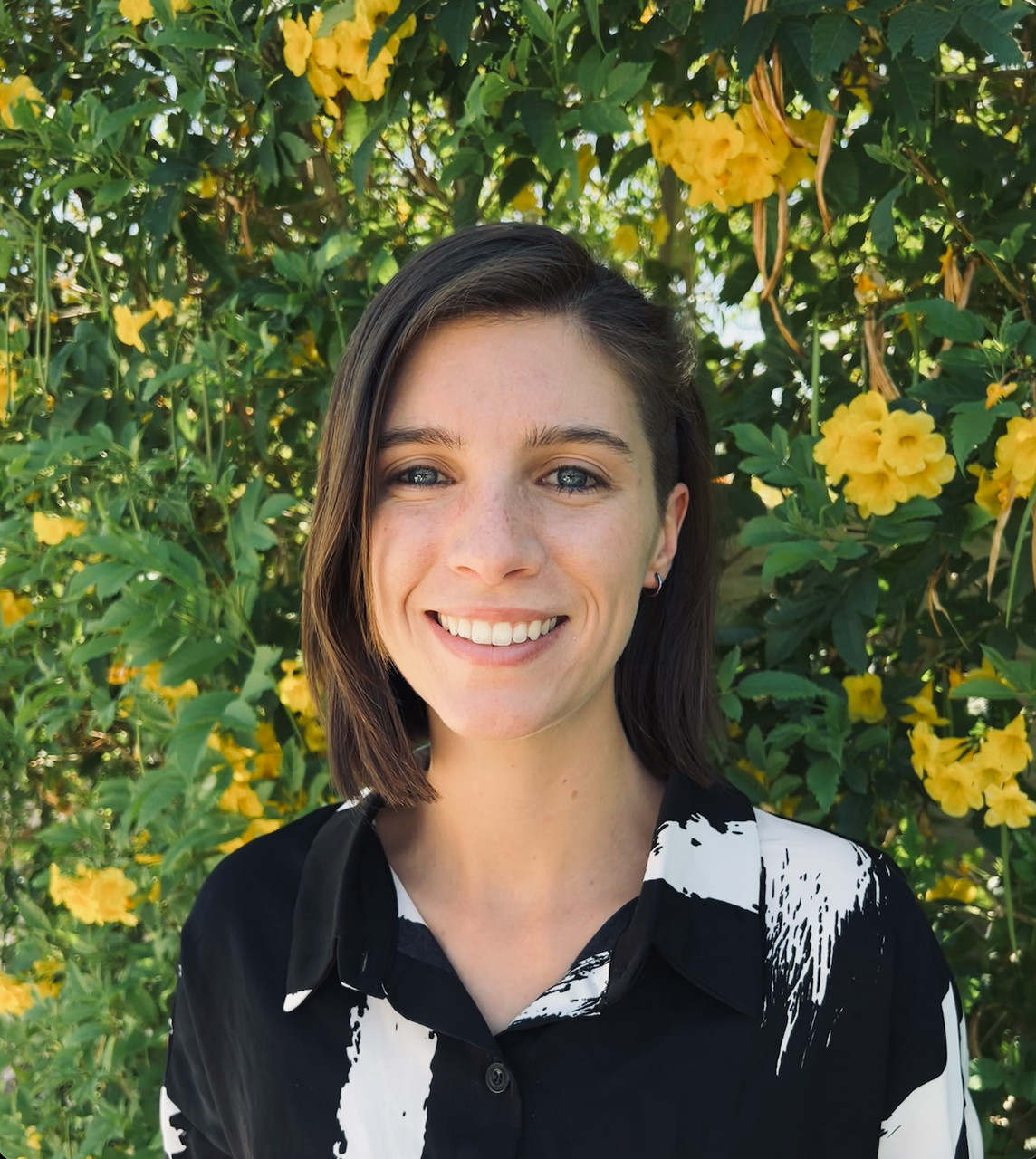
Emma Giles
Director of Programs and Operations, SciStarter
United States of America

Mendel Wong
Co-chair & Co-founder, CitizenScience.Asia
Hong Kong

Ram Dayal Vaishnav
Head of Citizen Science, The Naturalist School
Education Director, CitizenScience.Asia
India

Anukriti Sharma
Special Projects Director, CitizenScience.Asia
India

Ashwin A
Citizen Science Coordinator, The Naturalist School
India
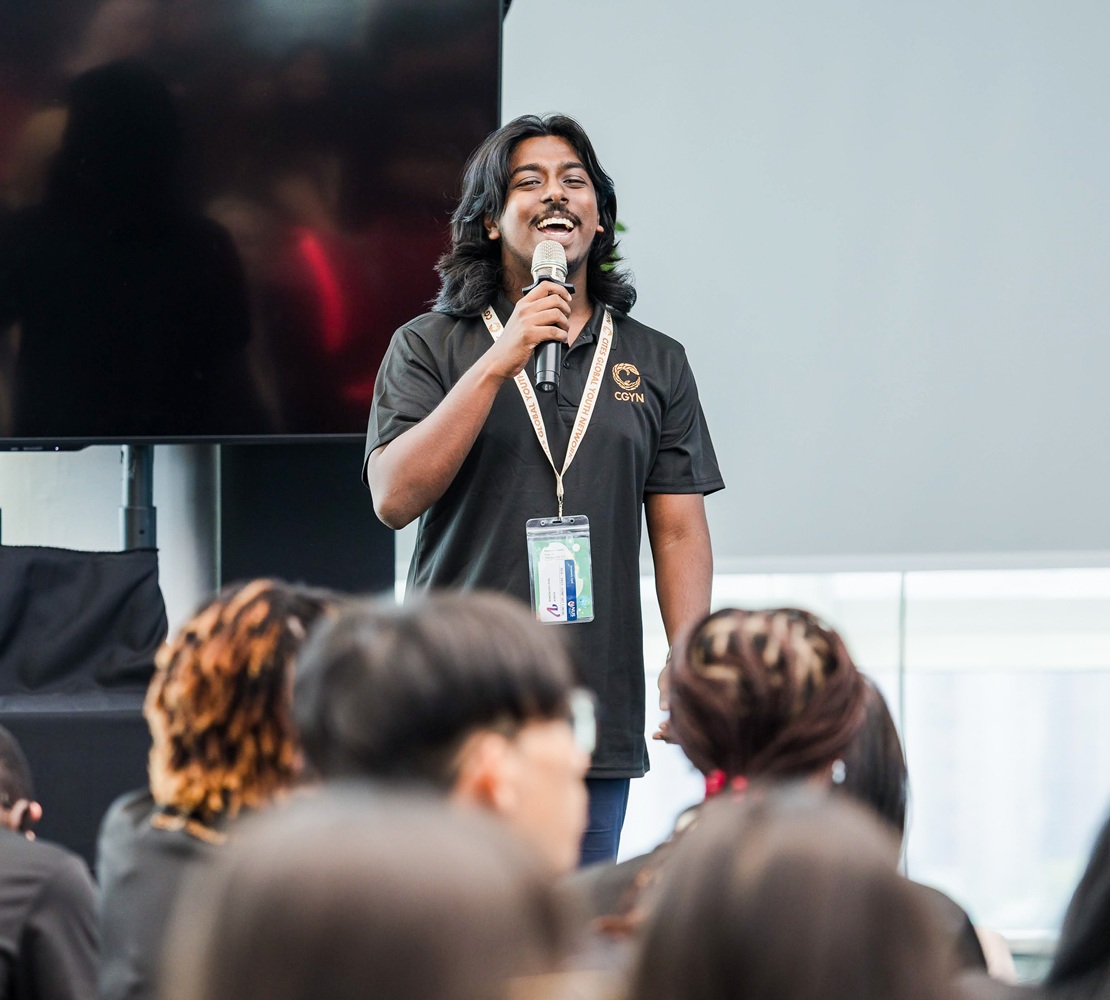
Pasindu Dilshan Abegunawardhana
Field Biologist & Citizen Science Practitioner
Sri Lanka
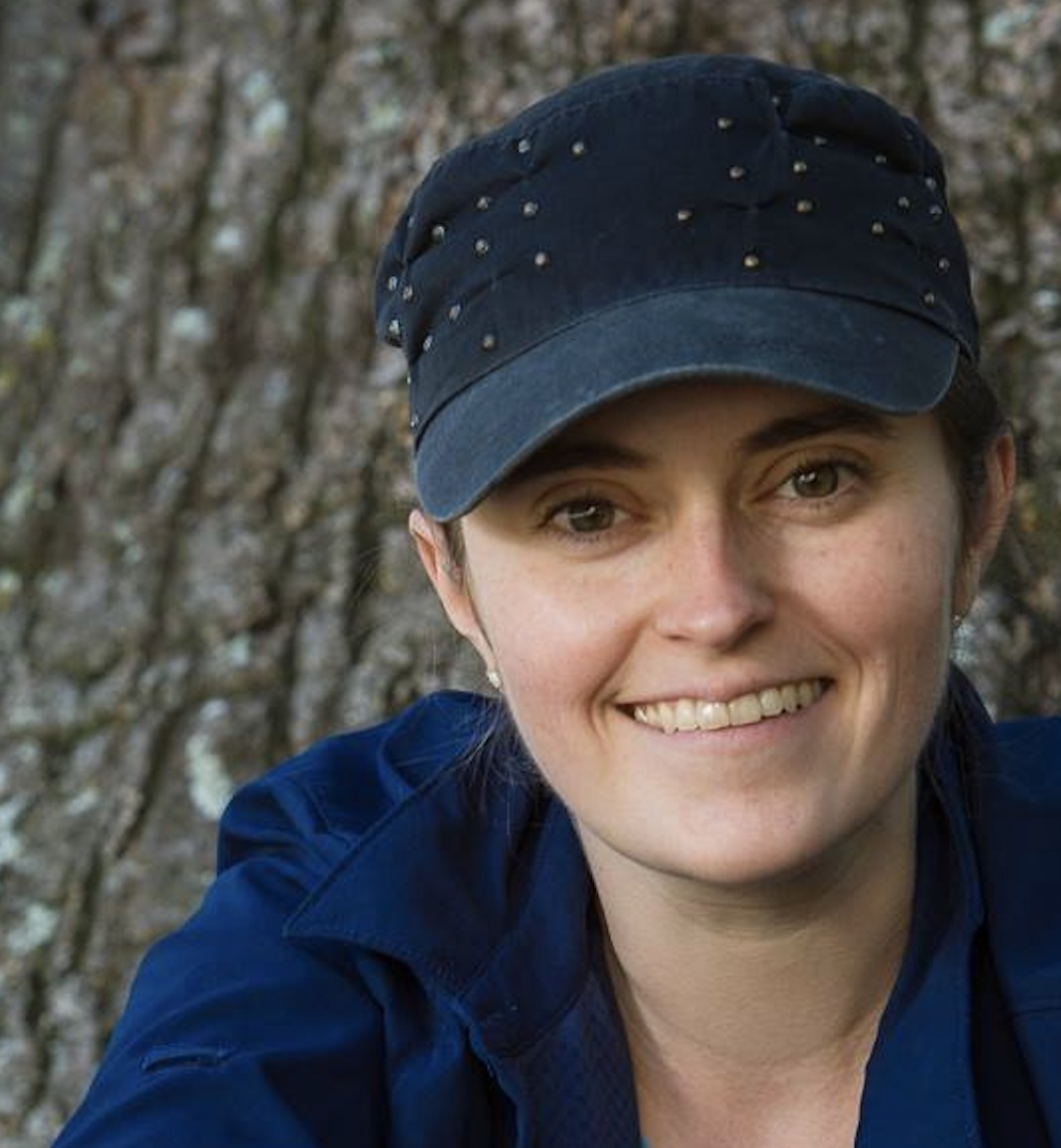
Jessie Oliver
SciStarter Australia Technical Adviser, The University of Adelaide
Australia

Michelle Neil
General Member & Social Media Moderator and Curator (Volunteer), Australian Citizen Science Association
Australia

Marumi Ishikawa, Ph.D.
Founder, CoLabField
Japan
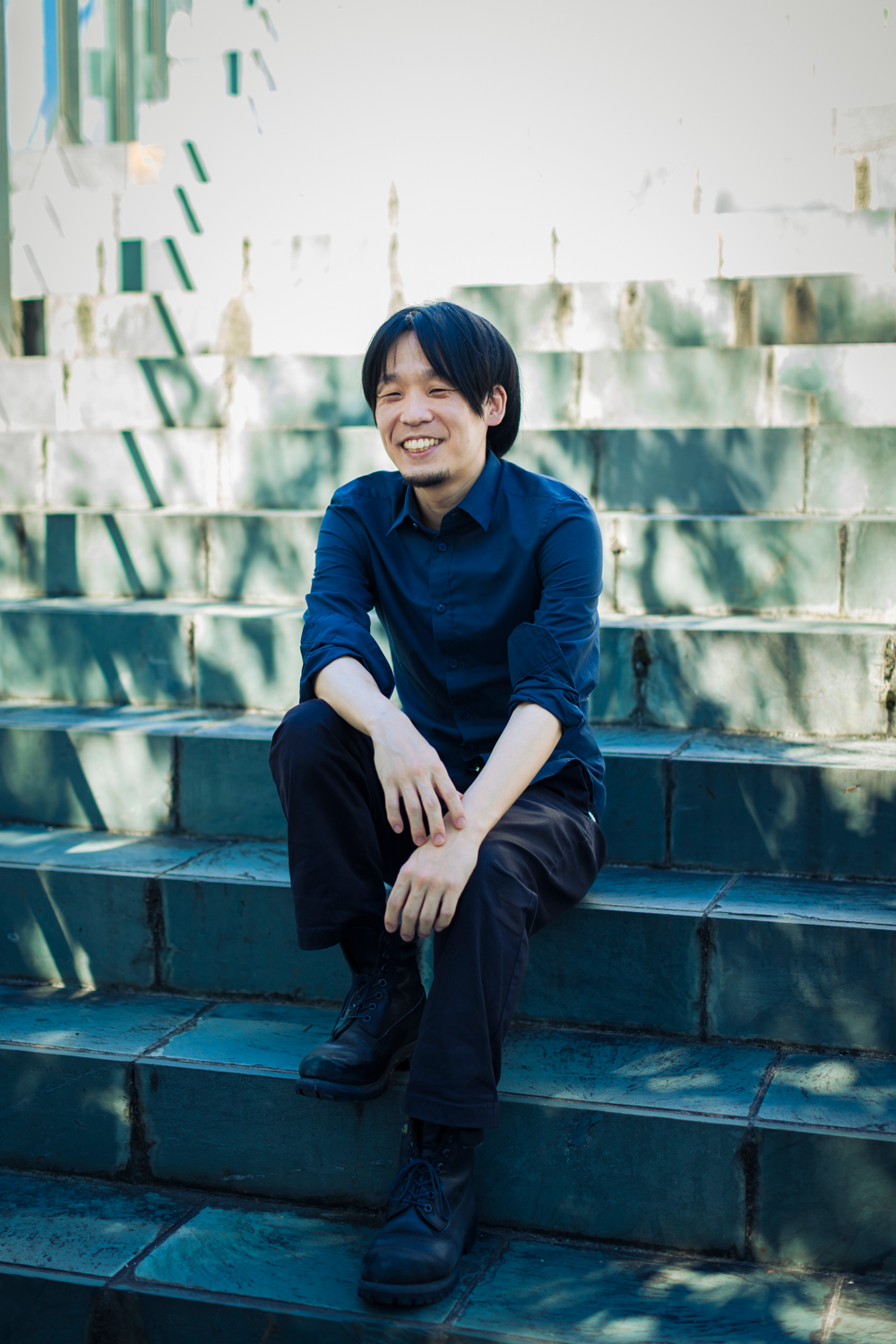
Shinpei Sumimoto, Ph.D.
Co-Founder, CoLabField
Japan

Yasunobu Morita, Ph.D.
Director, Citizen Science Research Center, Faculty of Commerce, Fukuoka University
Japan
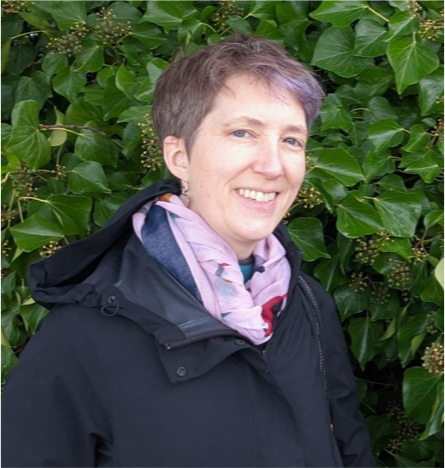
Jennifer Shirk
Executive Director, Association for Advancing Participatory Sciences
United States of America

Frequently Asked Questions
Citizen science (also called participatory research or community science) takes place year-round. Each April, Citizen Science Month spotlights discoveries, volunteers, practitioners, projects, and outcomes—and makes it easier for people to join together in shared activities.
Scientists can’t be everywhere and they don’t know everything. That’s why they need you. By following protocols, you can jump in and help answer questions they cannot answer without you. Everyone is invited to participate.
Visit the Citizen Science Month resources page to explore toolkits, planning guides, and outreach materials. Use our Media Toolkit to spread the word!
Citizen Science Month is the umbrella term for all events and programs taking place in April.
Acts of Science: this is a call to action and one way to digitally measure impact. How many data observations were shared? How many online data files were annotated or analyzed? SciStarter records these Acts through Affiliate projects (these projects uses digital tools that report data to SciStarter) and self reporting through online forms hosted by SciStarter. In April 2026, the goal is 2.50 Million Acts of Science in celebration of America’s 250th birthday.
Acts of Science: Connected: This refers to a series of weekly, virtual events hosted by SciStarter that feature a single project. Anyone can tune in from wherever they are, as we all do the same project together. We’ll introduce you to the project scientist who will talk us through the steps and answer your questions.
Many libraries, schools, museums, etc, will host in-person gatherings and livestream these virtual events. Attendees will bring their computers. Hosts will stream the virtual event, and provide Wi-Fi, space, swag, and fun and people around the world engage in the same project, at the same time.
Find a list of weekly events and featured projects here.
We’d love to hear from you! Email info@SciStarter.org. Also consider reaching out to a nearby SciStarter Ambassador.

Presented By:

Promotional and Community Engagement Support provided by:

